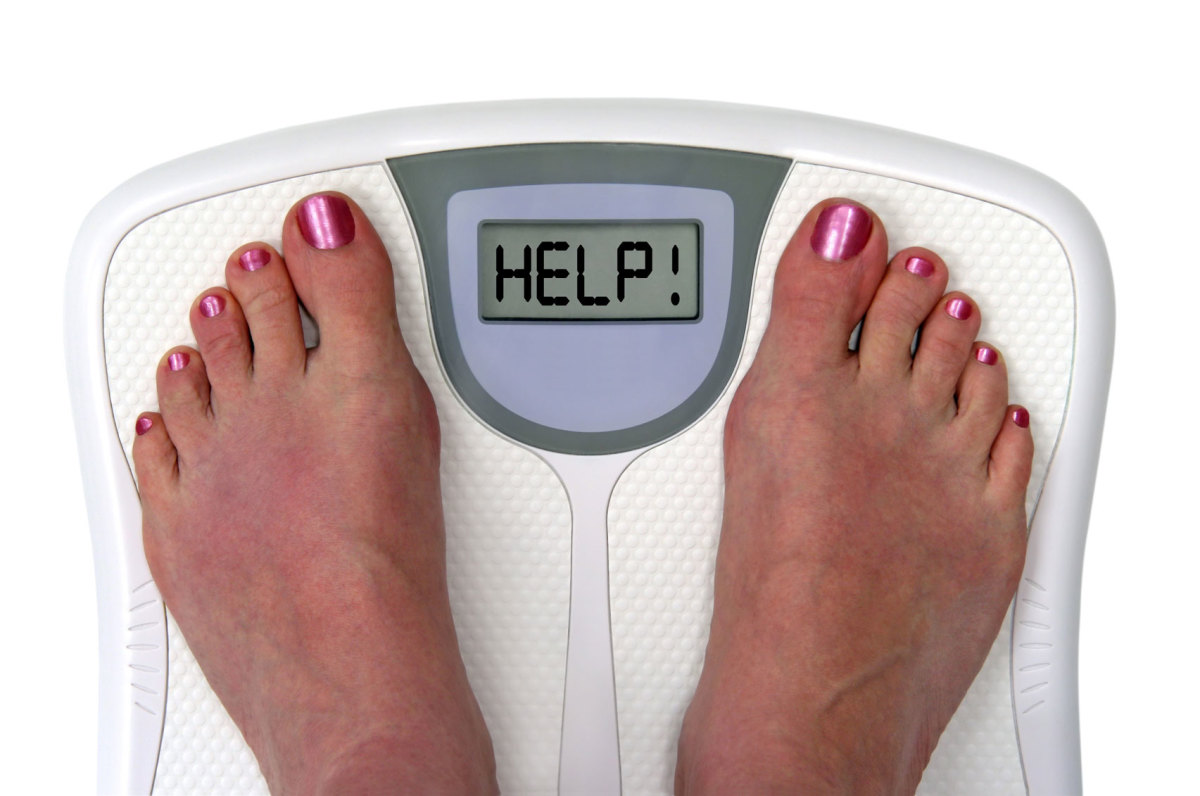- HubPages»
- Health»
- Diet & Weight Loss»
- Weight Loss
How To Prepare For Weight Loss Surgery

My Personal Experience
Several years ago, after two kids, a diagnosis of type II diabetes, thyroid cancer, a dvt and pulmonary embolism, and many years of failed diet attempts, I asked my regular doctor if he thought I would be a good candidate for bariatric surgery. He said he thought I would be an excellent candidate. It took well over a year for me to go through everything necessary to be approved for surgery. Once I was approved, I made the mistake of thinking “Now I can eat anything I want and not take my medicine because I am having surgery soon!” That stalled my surgery even longer because my A1C quickly shot up from a 6 to an 11! I finally did get my surgery though. I opted for the sleeve because I did not want to have to deal with the nutrition issues I has seen other people who had the bypass go through.
It was certainly not an easy experience. Afterwards, there was a lot of pain. Believe it or not, walking helped with the pain in the days following surgery. I did not have any severe complications however I do have two new conditions that I did not have before surgery. I do now suffer from heartburn at least a few times a week whereas I never had heartburn once before surgery. The other may sound odd but I have found it is not uncommon. Now if I eat until I get full, I have a sneezing attack. It is very strange and can be embarrassing at times.
I lost a lot of weight from the sleeve. I did not become super skinny however all I really wanted was to be healthy so that I can enjoy being a mother to my children as long as possible. The surgery helped me with that. I feel much healthier and only take one medication now for my thyroid rather than 20 pills a day that I used to take for everything else. The only time I ever regret having the surgery, is when I am eating something so delicious that I want more of it and I know that I cant fit it into my stomach!
Before and After


Thinking about weight loss surgery?
First and foremost, you need to understand that this is not by far an “easy way out.” In fact, weight loss (or bariatric) surgery may be one of the most difficult things you will go through. Before beginning your surgical journey, there are some important things you should consider.
- Is bariatric surgery the right choice?
- How much weight do you expect to lose?
- What type of surgery should you get?
- How will you pay for it?
For many people, weight loss surgery is a last resort. If you have been unsuccessful at diets and fitness regimens over the years, then you have probably at least thought about weight loss surgery. It is important however to keep in mind that even with the surgery, you still must work at it. Typically, a good candidate for weight loss surgery, is someone who:
- Is between the ages of 18 and 65.
- Has a body mass index of 40 or above (or 35 and above if you suffer from one or more health issues that can be better controlled by weight loss, such as diabetes II of hypertension.
- Struggles with a condition that is related to obesity such as sleep apnea or heart disease.
- Has tried unsuccessfully to lose weight and maintain weight loss through other means.
Keep in mind, you must also be ready for weight loss surgery psychologically and be willing to commit to your new lifestyle.

What Steps To Take
The first step is to talk to your regular doctor. If your regular doctor thinks you a good candidate for weight loss surgery, he or she can refer you to a local professional who can take things from there. It’s not as simple as thought though. You can expect this to be a long process as this is a major decision and the healthcare professionals must be sure that you are ready for it. There are quite a few things you should expect to do on this journey.
- Undergo a medically supervised diet. (Usually this consists of several weeks of following up with your regular doctor regarding weight loss.)
- Attend a bariatric surgery seminar. (Many surgeons offer this seminar online as well as in person.)
- Attend a behavior modification class. (This class will teach you how to prepare for eating after surgery.)
- Attend a support group. (Typically, only one group session is required. Support group however, is extremely beneficial to continue attending.)
- Receive a psychological evaluation. (This is a very long visit with a psychologist followed by an evaluation test. Plan on several hours.)
And this is all before you are approved for surgery! Also keep in mind, most doctors will want you to lose a bit of weight before surgery to improve your health. They will expect you to quit smoking, if you smoke. If you are diabetic, your A1C must be at a good level. Even your vitamin D level could postpone your surgery if it is too low. So be sure to talk to your doctor about expectations and follow all the advice you are given!

Types Of Surgeries
The amount of weight you lose really varies from patient to patient. Doctors will usually tell you that you can lose about 60% of your excess body weight. The type of surgery you choose will impact this number. Also, whether you choose to follow your doctors’ directions and change your behavior before and after surgery will also have an impact in the amount of weight loss. Keeping that in mind, sometimes even half that amount will be enough to improve your health considerably.
There are several types of weight loss procedures to choose from. Your surgeon will go over the available options with you. Do not be afraid to ask your doctors what they would suggest for you specifically. Two of the most effective and popular types are commonly known as the Sleeve and the Bypass.
- The Sleeve is officially called the Laparoscopic Sleeve Gastrectomy. In this procedure, about 70% of the stomach itself is removed. Afterwards, only a small sleeve of the stomach is left that can usually hold about 3 to 5 ounces. This means your stomach size will permanently be reduced and the amount of food you can eat before feeling full will be much less. You will not be limited as to what you can eat, although you should still try to eat healthy after the surgery, your body will only limit how much you can eat.
- The Gastric bypass or Rouz-en-Y gastric bypass is probably the most popular procedure, especially in the United States. It is more complicated than the sleeve as it involves stapling an upper portion of the stomach to create a small pouch. The pouch is connected to the lower intestine. This bypasses most of the small intestine where your calories and nutrients are absorbed. It also causes hormones to change which will help you feel full sooner. The rest of the stomach is detached and left inside the body to help give the body nutrients it will be missing out on. After this surgery, patients typically are limited to what types of foods they can eat.

Risks
No surgery comes without risks, your surgeon will talk to you about all the potential risks before your surgery. Some complications can include: pneumonia, blood clots, infections, bleeding, ulcers, hernias and gall stones. These are not frequent however, and your doctor will give you advice and medications which will help avoid them. For the most part, the complications that can be associated with weight loss surgery are much less that the ones associated with being morbidly obese.
Most health insurances do not offer any type of coverage for weight loss surgery up front. In fact, a lot of them will be quick to deny the surgery. Unless you know for a fact that your insurance will cover it, be prepared for a rejection. In this case, keep trying! Appeal their decision and use your doctors to back you up. If you have other health issues, if you have tried and failed at other diets (especially medically assisted ones) then just keep trying. Eventually, you may be able to convince the insurance company that weight loss surgery will be much cheaper for them to pay for than a lifetime of the medications you will need due to the conditions caused by obesity. Be responsible about it and show that you can follow your doctor’s behavior modification techniques and you will succeed at your new lifestyle.
If you appeal and appeal and are still denied coverage by your health insurance company, you might be able to deduct the surgery from your taxes. Your medical expenses are tax deductible if they total more than 7.5% of your Adjusted Gross Income. So, if you must pay for the surgery out of pocket, then you may be able to receive thousands of dollars back from the IRS the year that you have your surgery.
This content is accurate and true to the best of the author’s knowledge and is not meant to substitute for formal and individualized advice from a qualified professional.
© 2019 Cristina Cakes








